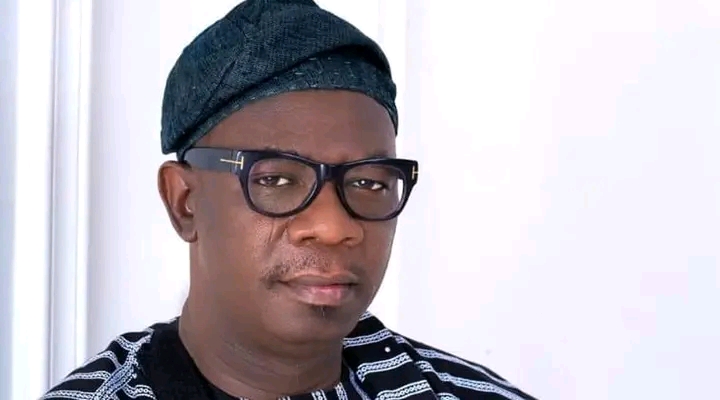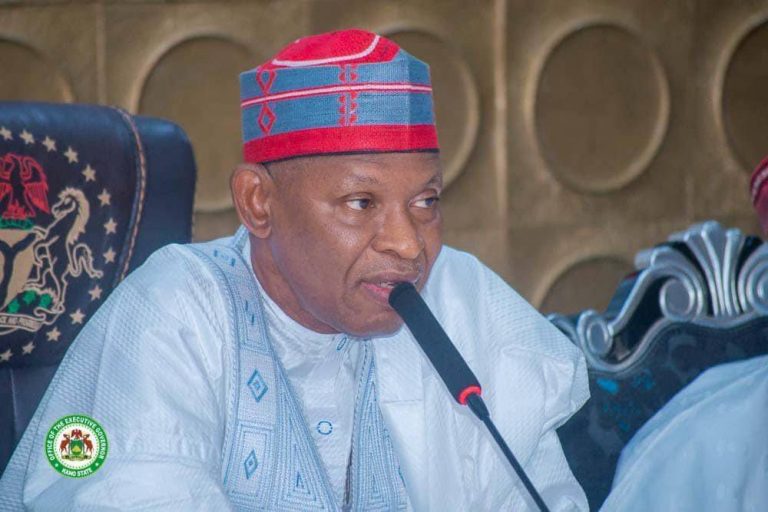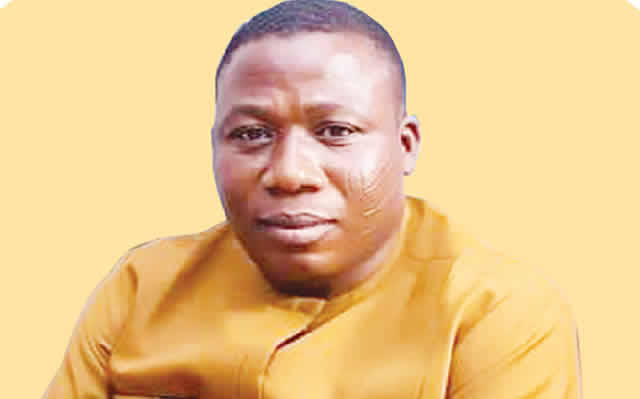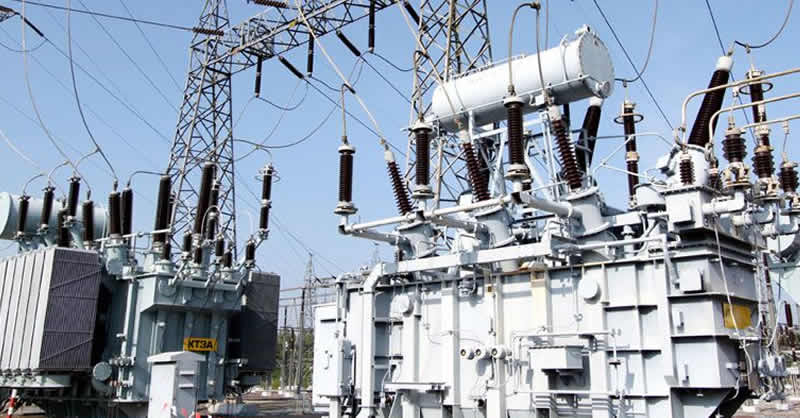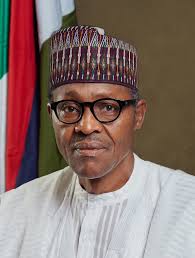
Josef Onoh, a prominent member of the All Progressives Congress (APC), has criticized former President Muhammadu Buhari, accusing his eight years in office of being marked by massive corruption and insecurity.
Onoh’s comments came in response to Buhari’s recent assertion that his administration significantly improved Nigeria’s security and economy, despite inheriting challenges from the previous government.
Buhari claimed his government’s strategies were successful in tackling terrorism and economic hardships, following the 16 years of governance by the Peoples Democratic Party (PDP).
However, Onoh disagreed, arguing that the country faced economic collapse, widespread corruption, and escalating insecurity during Buhari’s tenure.
Onoh stated that the consequences of Buhari’s economic mismanagement are still felt under President Bola Tinubu’s administration.
He pointed out that Nigerians are blaming Tinubu for the country’s difficulties without recognizing the impact of Buhari’s decisions, which set the stage for these ongoing issues.
He provided stark figures to illustrate the increasing death toll during Buhari’s presidency, noting that while over 34,000 people had died from violence when he took office in 2015, the number had climbed to 98,083 by the time he left office in May 2023.
Onoh also listed specific yearly death counts and emphasized that insecurity under Buhari’s watch surpassed even the levels experienced during the Civil War.
Furthermore, Onoh criticized Buhari’s handling of Nigeria’s security situation, referencing the country’s low rankings in global indices like the Global Terrorism Index and the Global Peace Index.
He accused Buhari’s administration of allowing terrorist groups to operate freely and failing to address ethnic and religious tensions, particularly in regions like Kaduna.
In addition to security concerns, Onoh highlighted the economic repercussions of Buhari’s policies, noting how insecurity stifled investment and led to the abandonment of key markets, such as the Baga fish market in the northeast, which was affected by Boko Haram insurgency.
He concluded by recalling the controversial moments of Buhari’s administration, accusing it of fostering corruption and nepotism, referencing cases like the rise of a recharge card vendor to billionaire status and a Central Bank governor using public funds for personal political ambitions.
Advertisement

